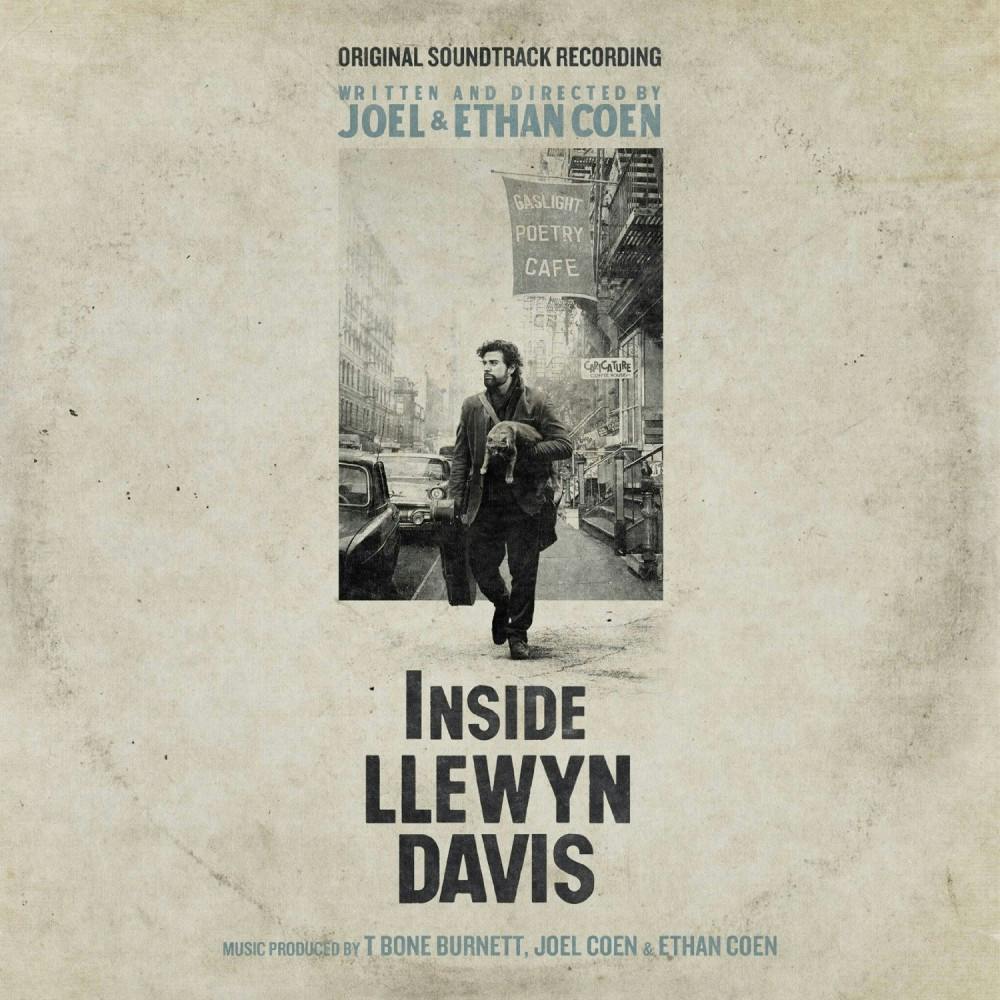“Inside Llewyn Davis” soundtrack refreshes folk music for some wary listeners.
Truth be told, prior to my first viewing of “Inside Llewyn Davis,” I wasn’t too big on folk music. Sure, the annals of Bob Dylan’s entire discography can be found on my portable hard drive and I often revisit Bright Eyes’ I’m Wide Awake It’s Morning in times of doleful introspection, but my relationship with the genre had begun to turn sour.
The recent bevy of contemporary folksters who rode their banjos straight to the top of the pop charts left a bad taste in my mouth. In my mind, the hackneyed hooks and trite minimalism of The Lumineers and Mumford and Sons had sucked the heart right out of the genre’s storied tradition.
Perhaps almost equally as bleak as my outlook on the genre is the film’s premise. Helmed by the mighty Coen brothers, “Inside Llewyn Davis” follows a homeless folk singer who navigates his way through underground Greenwich Village scene in the early 1960s, just before it rose to prominence as the hub of the counterculture movement in America.
The titular character, brilliantly portrayed by Oscar Isaac, struggles to make ends meet as myriad challenges greet the singer. The film by no means attempts to glorify the New York folk revival, in fact it may even disparage it. But it’s this austere framework that reinvigorated my passion for folk music, a passion that flows throughout the film’s endearing soundtrack.
Produced by frequent Coen collaborator T-Bone Burnett, the soundtrack pairs classic folk tunes played by the likes of Dave Van Ronk (whose memoir the Coens sourced for their script) with standards recorded by the cast and some special guests prior to filming.
Though the ‘60s-era recordings provide good context, it’s the cast contributions that really shine. As Davis, Isaac commands the spotlight. On “Hang Me, Oh Hang Me,” his desperate croon suggests a pervasive loneliness. “The Death of Queen Jane” highlights his lofty vocals, and though his voice bears more of a resemblance to Ryan Adams than any troubadour who played Gerde’s Folk City, he perfectly captures the essence of the old English folk tune.
Elsewhere, Carey Mulligan and Justin Timberlake, who portray a folk-singing married couple in the film, lend gorgeous harmonies to the classic “Five Hundred Miles.”
Marcus Mumford himself even offers his talents on “Fare Thee Well (Dink’s Song),” a duet with Isaac. As he sheds the weighty aspirations of his own band, Mumford sounds at home within the confines of the folk standard.
There’s a great shot near the end of the film in which a defeated Davis trudges through a Chicago snowbank, the wind whipping at his face. He’s just been turned down at a club audition and begins the long trek home to New York. The image invokes the anti-Freewheelin’ Bob Dylan — Davis is without a winter coat, no beautiful girl grasping on to his arm, no dopey grin adorning his face. He’ll never have a hit record. Nobody will ever call him the voice of a generation.
He might “strike it lucky” and hitch a ride home, but there’s no telling. In this one shot, the true soul of folk music is captured. Folk isn’t meant to sell out arenas, it’s meant to be played for the basket at The Gaslight Cafe. Folk doesn’t make stars out of its champions, it makes artists.
Built on a solid tradition of American expression, folk is for the common man: the music of the underdog.
diversions@dailytarheel.com
To get the day's news and headlines in your inbox each morning, sign up for our email newsletters.




